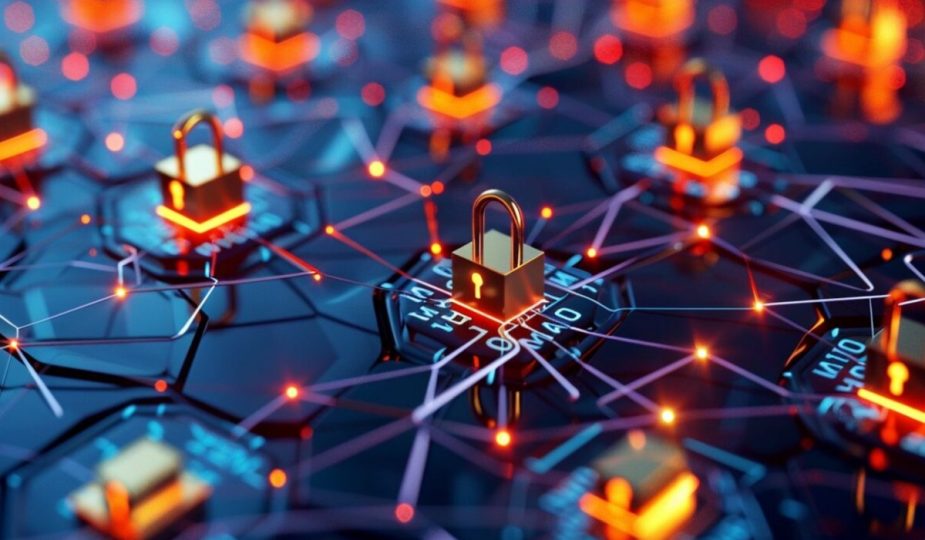
Role of Blockchain Technology in Enhancing Data Security
Affiliate Disclosure: This site may contain links to affiliate websites, and we receive an affiliate commission for any purchases made by you on the affiliate website using such links.
Blockchain technology has emerged as a groundbreaking solution for enhancing data security across various industries. Its decentralized and tamper-proof nature offers a secure way to store and manage data, addressing many of the vulnerabilities present in traditional centralized systems.
At its core, blockchain is a distributed ledger technology that records transactions across multiple computers so that the record cannot be altered retroactively. This decentralization ensures that no single entity has control over the entire data set, reducing the risk of data breaches and unauthorized access. Each block in the chain contains a cryptographic hash of the previous block, a timestamp, and transaction data, creating a secure link that is incredibly difficult to alter without detection.

In the finance industry, blockchain provides a robust framework for secure transactions and data management. It eliminates the need for intermediaries, reducing the risk of fraud and enhancing the transparency of transactions. This is particularly beneficial for cross-border payments and digital asset management, where security and trust are paramount.
Healthcare is another sector where blockchain is making significant inroads. Patient records and sensitive medical data can be securely stored and shared using blockchain technology, ensuring privacy and compliance with regulations such as HIPAA. Blockchain enables healthcare providers to access real-time, accurate patient data, improving the quality of care and facilitating seamless collaboration across different institutions.
Supply chain management also benefits from the security features of blockchain. By providing a transparent and immutable record of transactions, blockchain helps track the provenance of goods, ensuring authenticity and reducing the incidence of counterfeiting. This transparency enhances trust among consumers and business partners, as stakeholders can access reliable data about the entire supply chain process.
Despite its advantages, implementing blockchain for data security comes with challenges. The technology requires significant computational resources and energy, raising concerns about its environmental impact. Additionally, the complexity of blockchain systems can pose integration and scalability issues for organizations, necessitating substantial investment in infrastructure and expertise.
In conclusion, blockchain technology offers a revolutionary approach to enhancing data security, providing a decentralized and reliable system for managing sensitive information. As industries continue to explore and adopt blockchain solutions, the potential to create more secure and transparent data management systems becomes increasingly attainable. However, addressing the associated challenges is crucial for maximizing the benefits of blockchain technology in enhancing data security.
Hi~Living Deals from "Prose"









